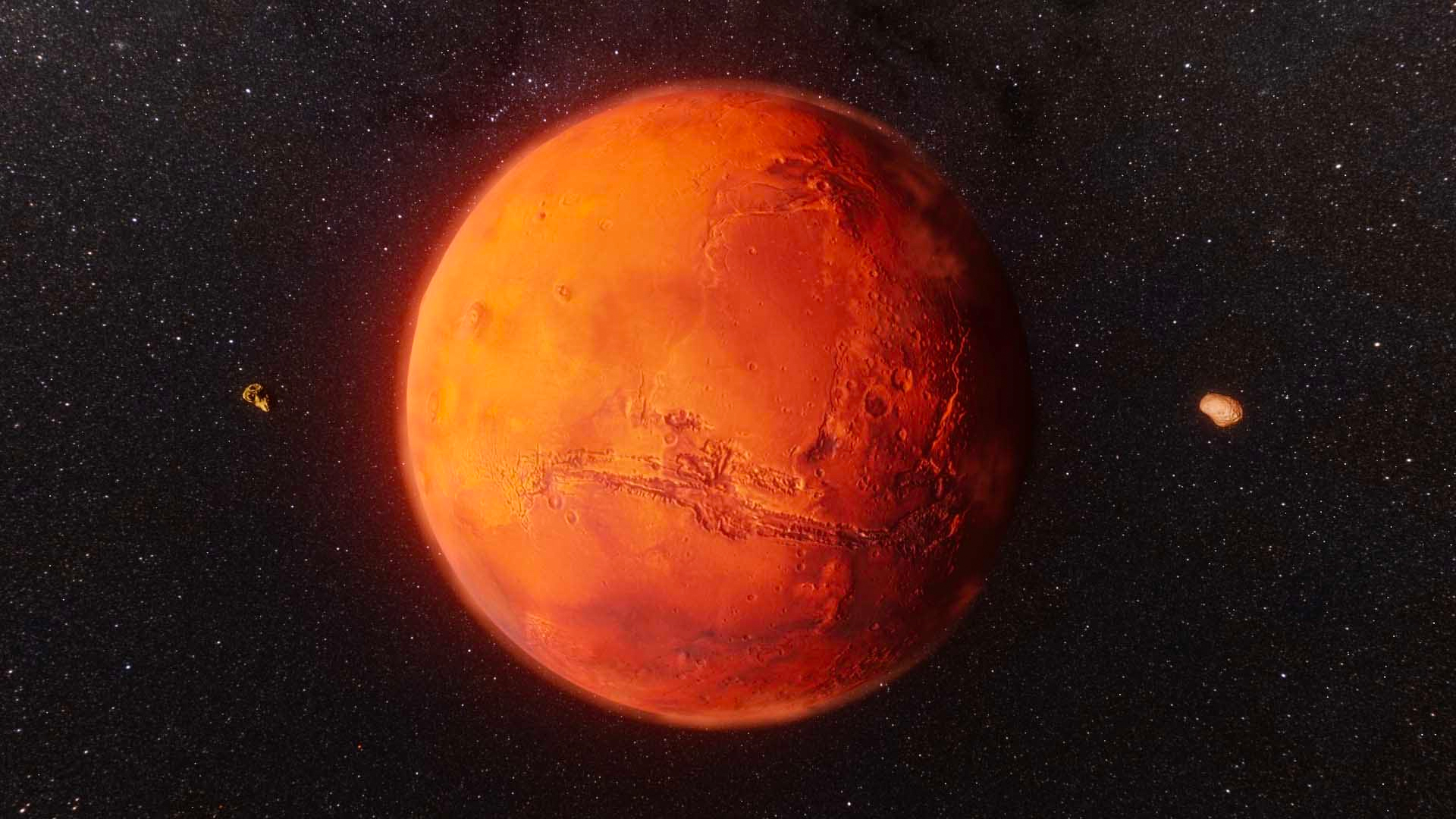A frozen slab of leopard seal poop has been sitting in a research lab’s freezer for over a year hiding an unexpected treasure – a USB stick.
The poop sample, better known as scat to the science community, turned out be gold for leopard seal researchers in New Zealand. It gives them a window into what these Antarctic predators eat, about their health and roughly how long the animal has spent in New Zealand waters.
Dr Krista Hupman, a marine biologist at a research organisation NIWA and a team at LeopardSeals.org put together a team of volunteers that go up and down the country collecting scat and sending it to Hupman’s lab to analyse.
Back in 2017, a local vet came across an unusually skinny leopard seal on Oreti Beach, New Zealand, and made sure to courier a scat sample to Hupman on top of the routine checks. Hupman had popped it in her freezer until three weeks ago when the sample was removed to examine by a pair of volunteers.
One of the volunteers nonchalantly explains what follows**:** “We basically have to sift it… You put it under the cold tap, get all the gross stuff off, smoosh it around a bit and separate the bones, feathers, seaweed and other stuff.”
But the routine examination suddenly became otherwise when they came across a large and hard USB stick. It also appeared to be in reasonably good condition, considering everything it went through – water, a sea lion’s insides, and a freezer, to begin with.
After leaving it out to dry for a few weeks, the researchers were further surprised by the irony of the data it contained – sea lions at Porpoise Bay in New Zealand, a video of a mummy and baby sea lion at play, and the only clue as to the USB stick’s owner, the nose of a blue kayak, as a report by NIWA lists.
NIWA is searching for the owner of a USB stick found in the poo of a leopard seal…
— NIWA (@niwa_nz) February 5, 2019
Recognise this video? Scientists analysing the scat of leopard seals have come across an unexpected discovery – a USB stick full of photos & still in working order! https://t.co/2SZVkm5az4 pic.twitter.com/JLEC8vuHH0
“If they’re yours and you want the USB stick back, it comes with a price…the leopard seal researchers would like some more leopard seal scat please,” the report adds.
Collecting sealion poop – or poop from any source for that matter – isn’t glamorous work by any stretch of the imagination. But you know it’s been a good day’s work when you luck out and find a USB drive in the first place you look and the last place you expect.


)




)
)
)
)
)
)
)
)